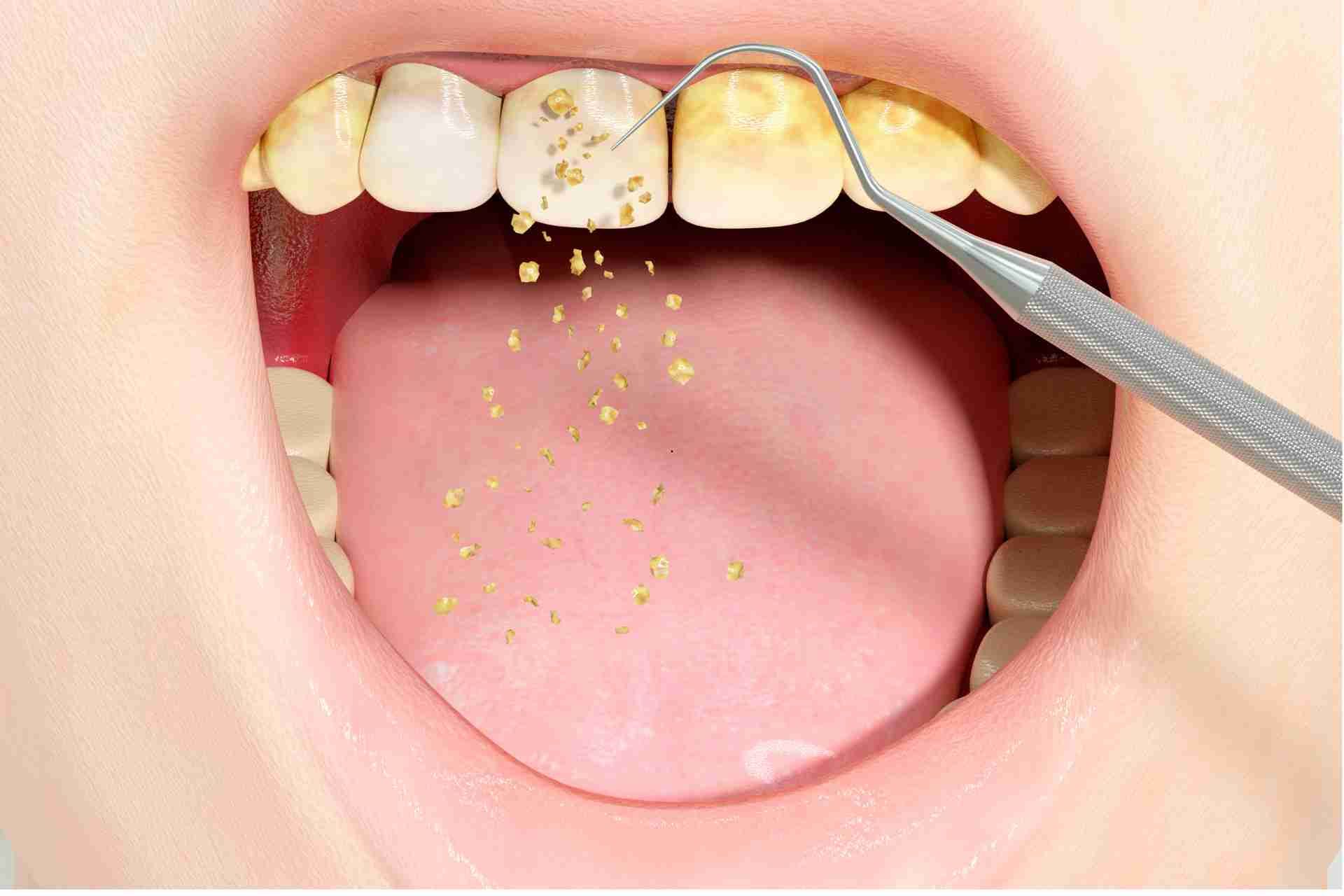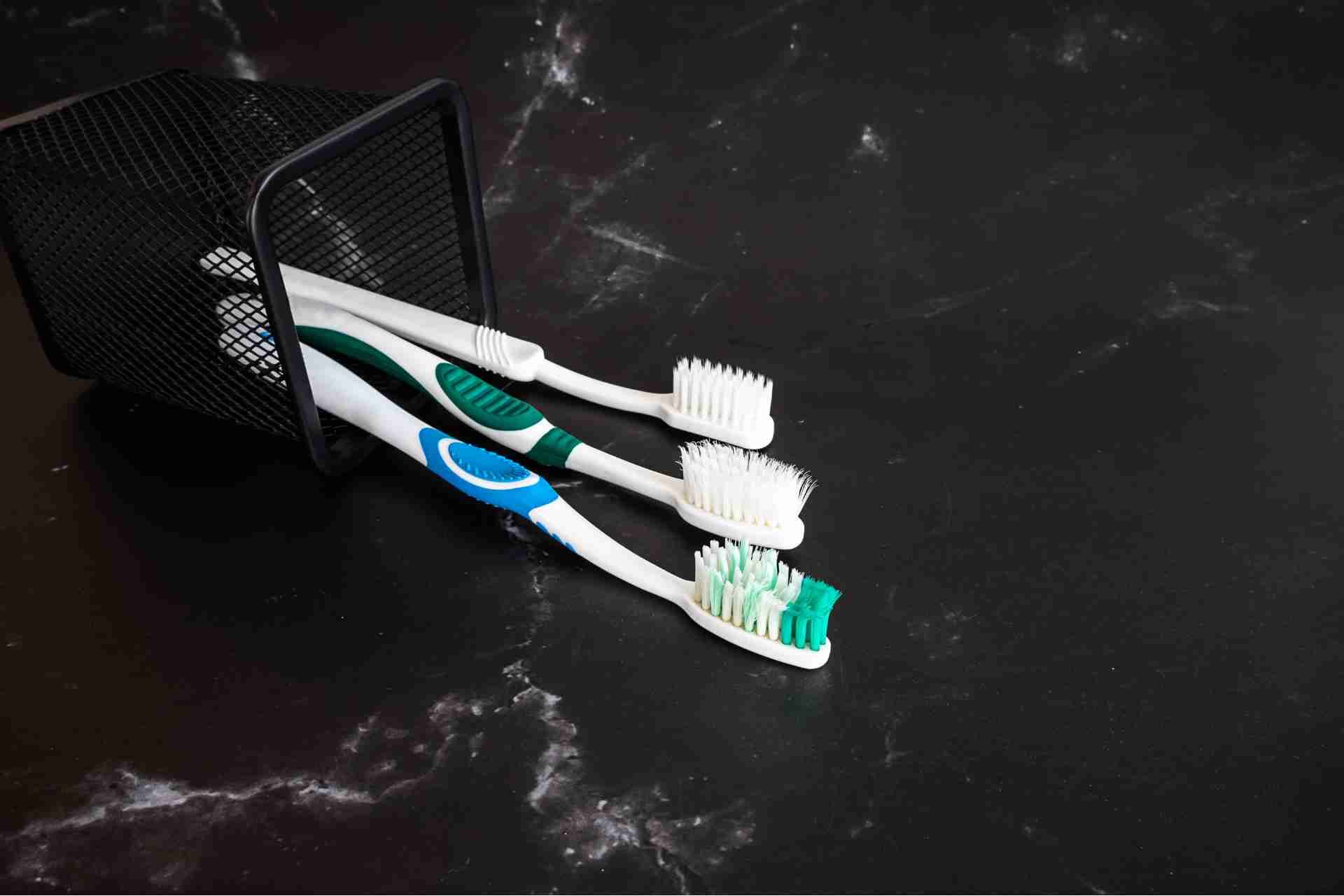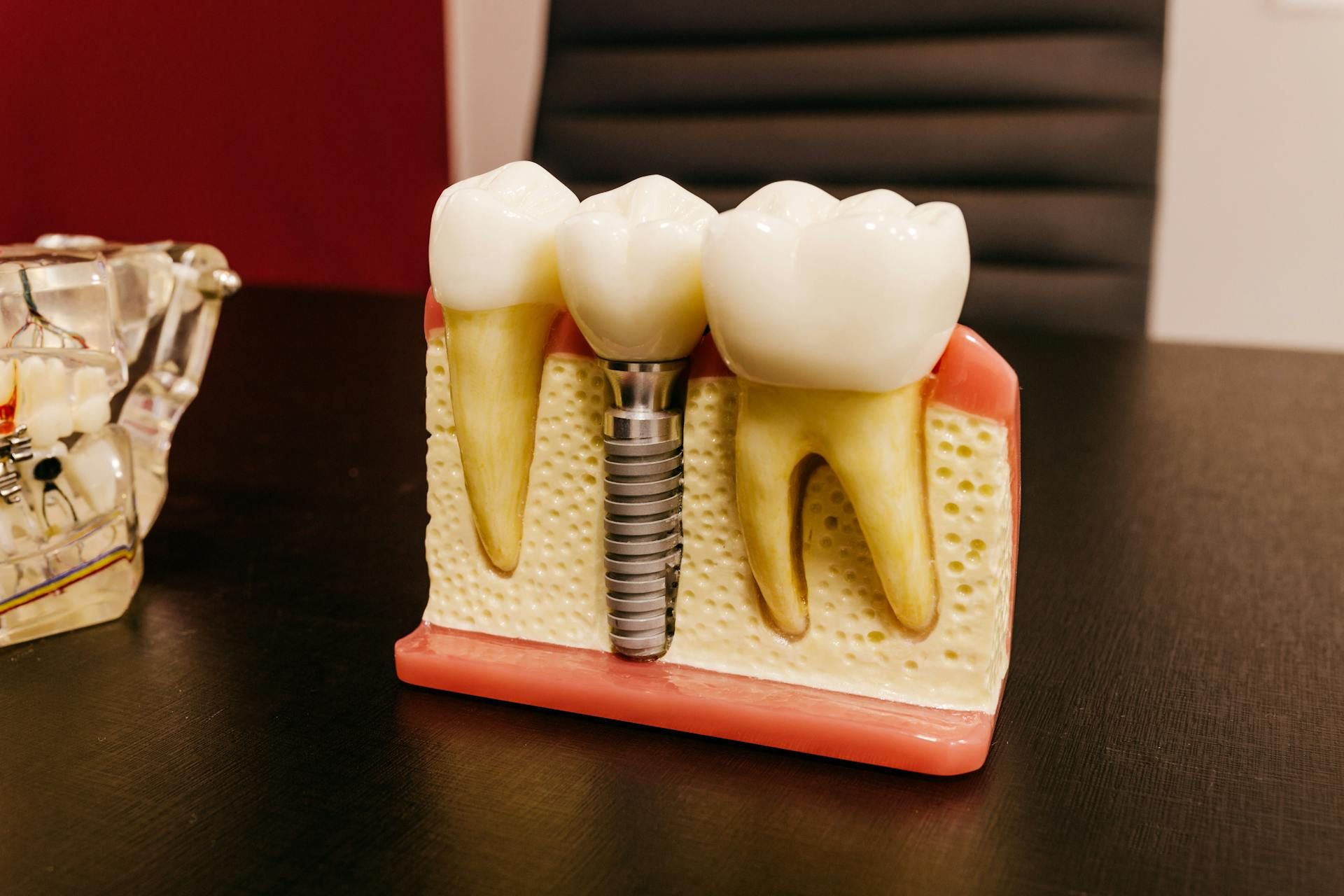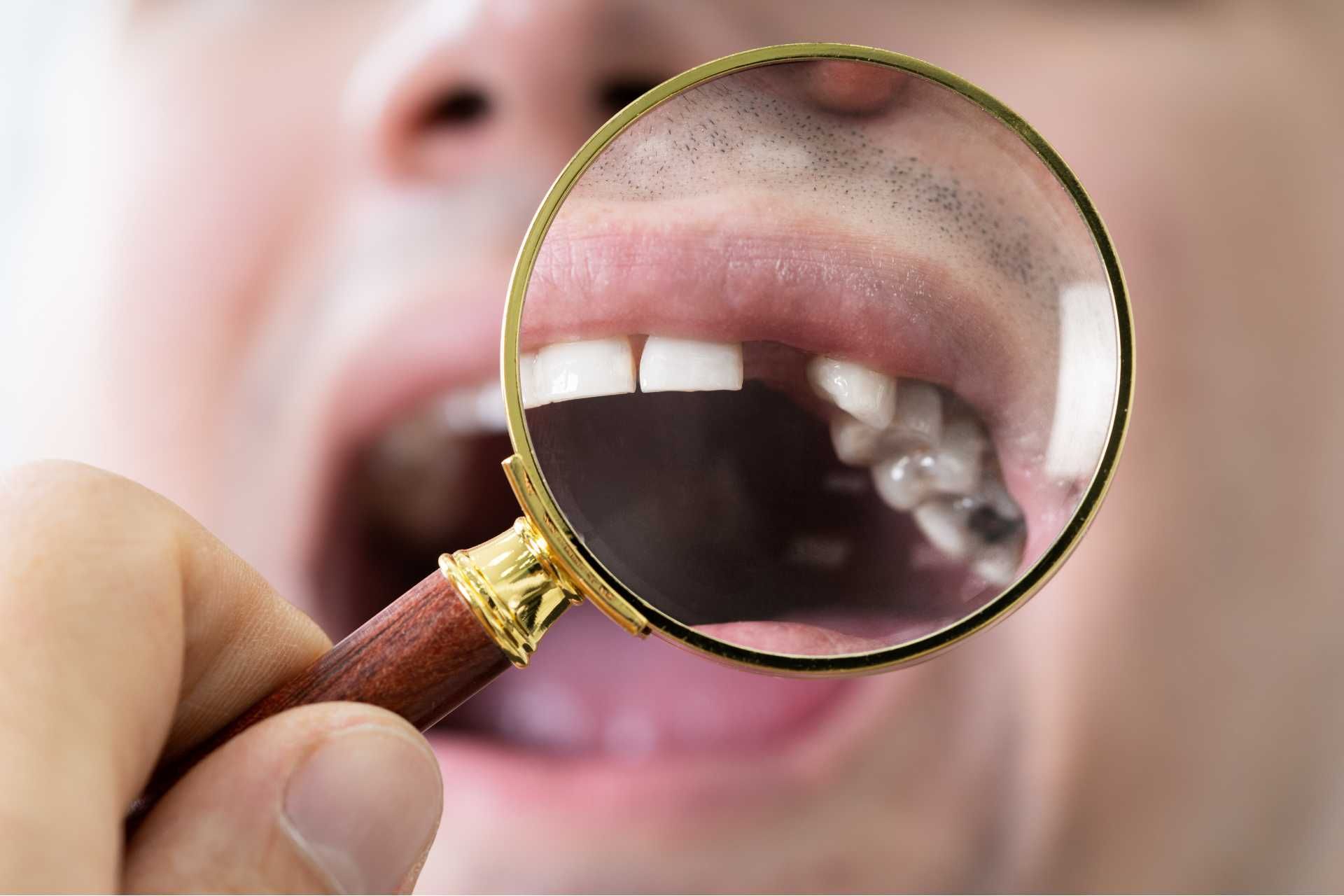How to Overcome Dental Anxiety?

Dental anxiety affects millions of people worldwide, preventing them from seeking the essential dental care they need. This fear can stem from various factors, including past traumatic experiences, fear of pain, or even a general fear of the unknown. Overcoming dental anxiety involves a combination of strategies aimed at reducing fear and creating a positive experience.
However, there are several effective strategies you can employ on how to overcome dental anxiety and ensure your oral health doesn't suffer. Check out these strategies and guide you through the process of conquering your dental fears.
Dental Anxiety
Dental anxiety refers to the fear or apprehension people experience when faced with dental visits or treatments. While the severity of dental anxiety can vary from mild nervousness to crippling fear, the underlying cause is often associated with past traumatic experiences, fear of the unknown, a sense of loss of control, or even just the sight and sounds of dental equipment. However, it is important to recognize that dental anxiety can be overcome, and everyone deserves proper oral care.
Causes of Dental Anxiety
1. Previous traumatic experiences: Negative experiences, such as a painful procedure or insensitive dental practitioner, can leave a lasting impact on an individual's perception of dental visits.
2. Fear of pain: The fear of pain is one of the most common reasons for dental anxiety. However, advancements in dental technology have made procedures much less uncomfortable than they used to be.
3. Fear of the unknown: The uncertainty surrounding what might happen during a dental visit can trigger anxiety in some individuals.
4. Loss of control: Patients often feel vulnerable and lose control over their own bodies during dental treatments, contributing to their anxiety. Open communication with the dentist about concerns can help regain a sense of control.
How to Overcome Dental Anxiety
Acknowledge and Understand Your Anxiety
The first step in overcoming dental anxiety is acknowledging and understanding its source. Reflect on your fears and try to identify specific triggers that cause your anxiety. This self-reflection will help you communicate your concerns with your dentist and dental staff effectively. By understanding your anxiety, you can actively engage in finding solutions to overcome it.
Choose a Caring and Patient-Centric Dentist
Your choice of dentist plays a significant role in alleviating dental anxiety. Seek recommendations from friends, family, or online platforms to find a dentist who is known for their empathetic and patient-centric approach. Reading reviews or scheduling a consultation can help gauge the dentist's demeanor and communication style, ensuring you find someone who understands your anxiety and takes the time to address your concerns.
Effective Communication is Key
Open and honest communication with your dentist is crucial to overcoming dental anxiety. Share your fears and anxieties with your dentist, allowing them to adapt their techniques and create a more comfortable experience tailored to your needs. Feeling heard and understood by your dental care provider will significantly reduce your anxiety and build trust.
Familiarize Yourself with the Dental Environment
One way to combat dental anxiety is by familiarizing yourself with the dental environment. Request a tour of the dental office before your appointment, allowing you to know the layout, meet the staff, and become comfortable with the surroundings. Understanding the different tools and equipment used can help remove the fear associated with unfamiliarity.
Consider Sedation Dentistry
For individuals with severe dental anxiety, sedation dentistry can be an effective option. Discuss the sedation methods available with your dentist to find one that suits your needs. Sedation techniques, such as nitrous oxide or oral sedation, can help you feel relaxed and calm during your dental procedures.
Practice Relaxation Techniques
Learning relaxation techniques, such as deep breathing exercises, can significantly reduce dental anxiety. Practice these techniques regularly, especially leading up to dental appointments. Deep breathing exercises help alleviate tension and promote a sense of calm, making dental visits more manageable.
Consider Distraction Techniques
Distracting your mind during dental procedures can help divert your attention from anxiety-inducing thoughts. Consider bringing headphones and listening to soothing music, audiobooks, or podcasts. Some dental offices also provide TVs or virtual reality goggles, allowing patients to watch movies or shows during treatments, further helping to ease anxiety.
Where to Get Help?
Overcoming dental anxiety is a journey that requires patience, understanding, and open communication. By acknowledging your fears, finding a caring dentist, and employing relaxation and distraction techniques, you can gradually overcome dental anxiety and prioritize your oral health. Taking small steps towards conquering your fears will significantly improve your overall dental experience and ensure you receive the care you need for a healthy smile.
Dental professionals are trained to work with anxious patients, and their goal is to provide comfortable and compassionate care. Taking proactive steps to manage anxiety and working collaboratively with your dentist can help you overcome dental fear and maintain good oral health.
Pennington Orthodontics and Pediatric Dentistry welcomes patients of all ages! We provide pediatric dental care and advanced orthodontic treatment options for children, teens, and adults.











